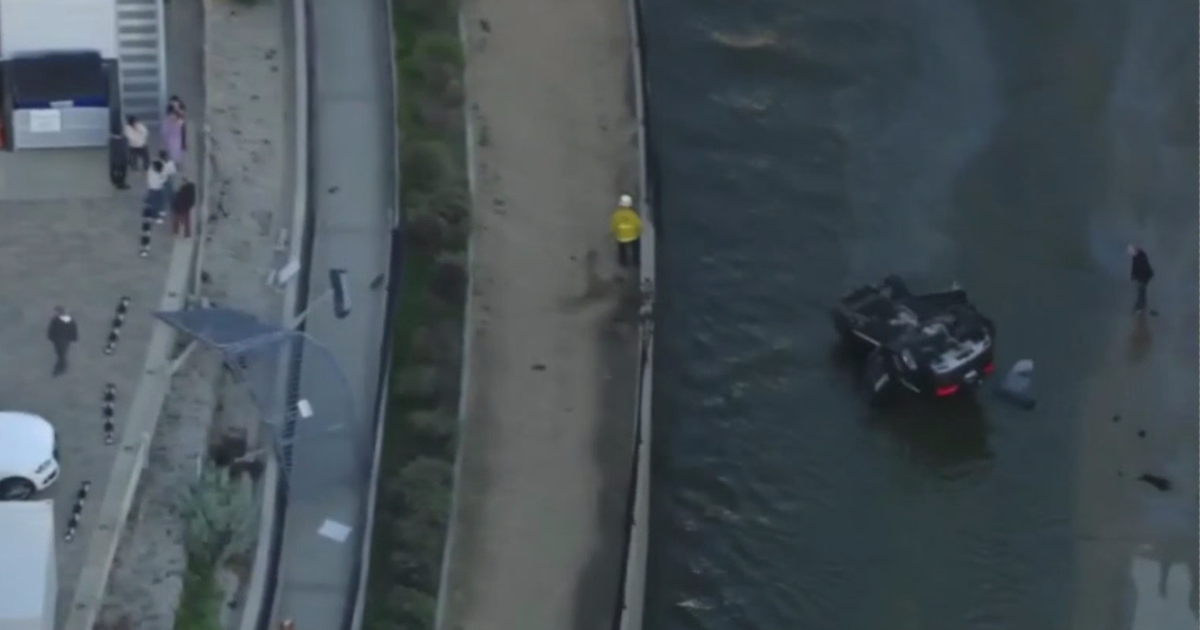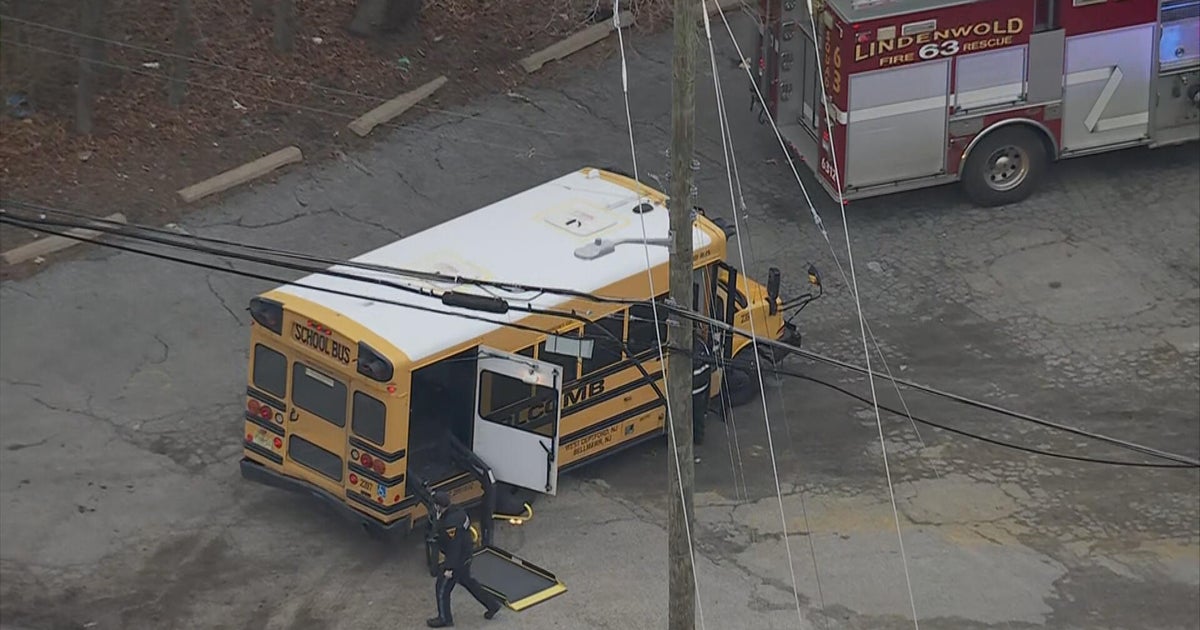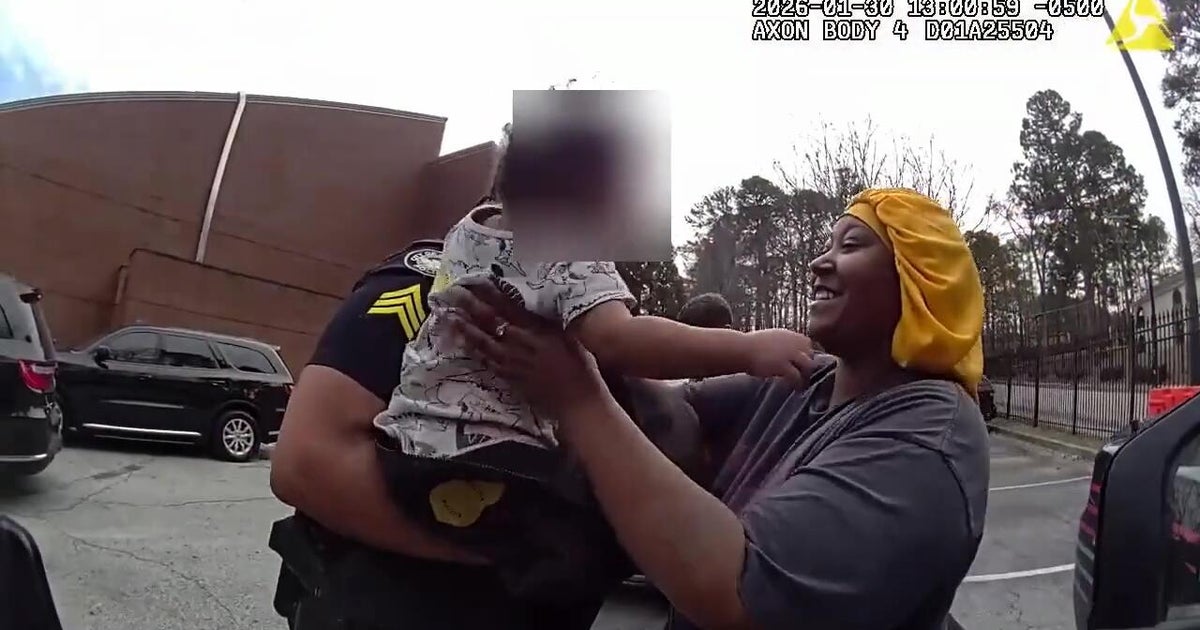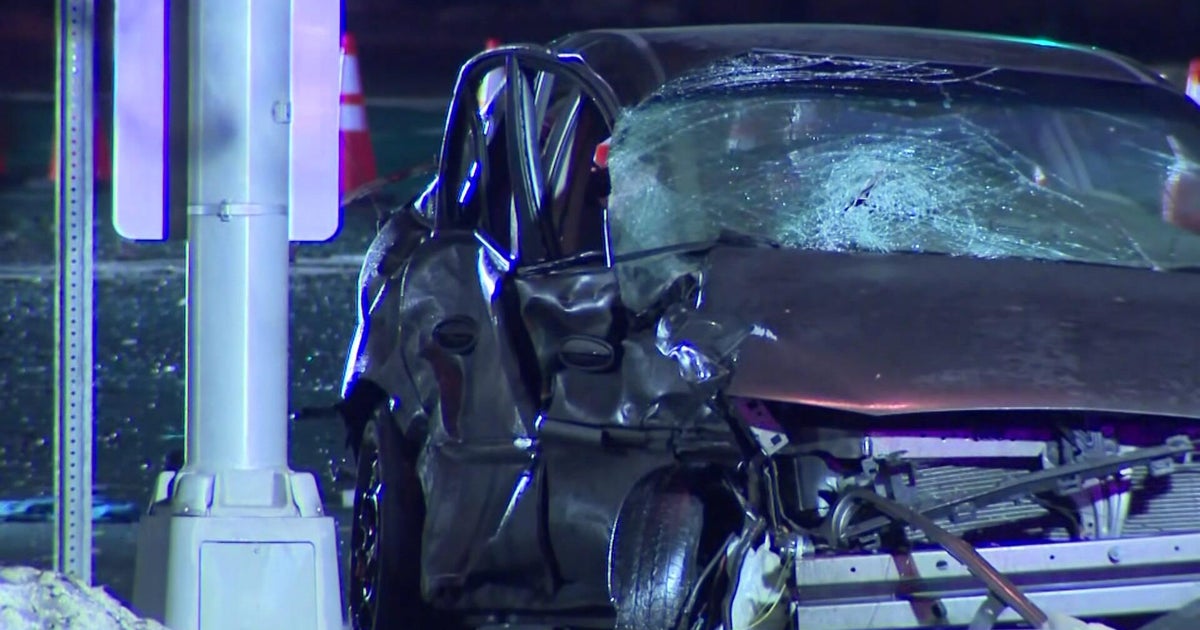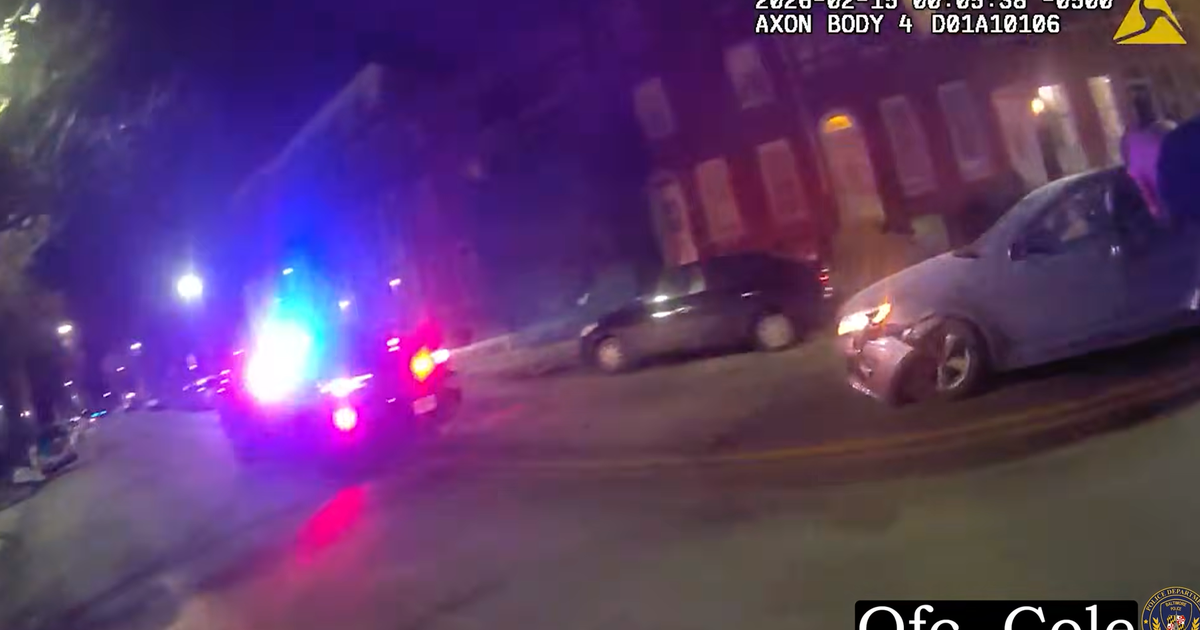Study: Genetics And Upbringing May Affect How Some People Behave During A Crisis
NEW YORK (CBSNewYork) -- Many people may wonder how they would react in an emergency situation, one that could involve risking their lives to save others.
Incidents like a man saving a Brooklyn girl as she fell out of a window, a bus driver swerving to protect passengers in a crash and a woman diving into traffic to save a pair of children may be the result of genetics, according to new research.
Experts told CBS 2's Maurice Dubois on Wednesday that not everyone is capable of making these split-second decisions.
"First, of course, there is a genetic component," said Dr Igor Galynker of Beth-Israel Medical Center. "They are capable of acting decisively, impulsively under any circumstances."
People who typically take charge of situations, people who respond sympathetically to others and people who are generally hopeful, are much more likely to intervene in an emergency than those who lack these traits, according to Dr. Galynker.
If you do find yourself freezing up in an urgent situation, experts said that it doesn't make you a bad person. People who are otherwise good and caring may cower in a crisis if they don't know how to respond, the study showed.
Other factors such as large crowds and a person's upbringing may affect their decision to get involved.
Do you think you would intervene if another person's life was in danger? Let us know in our comments section below...


